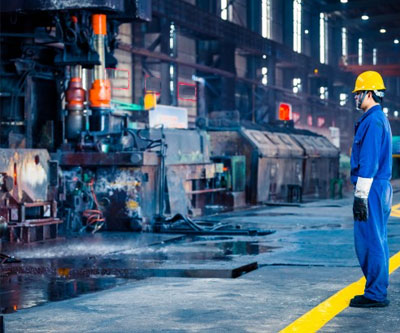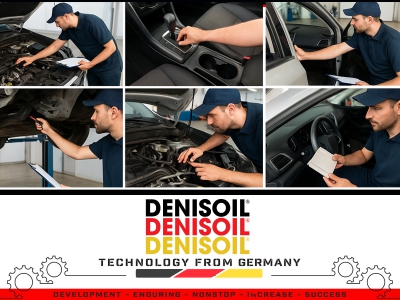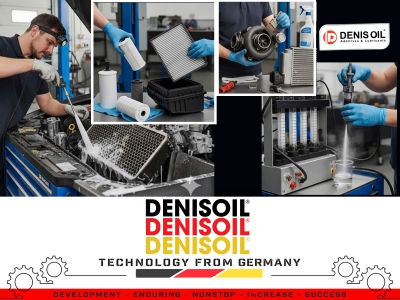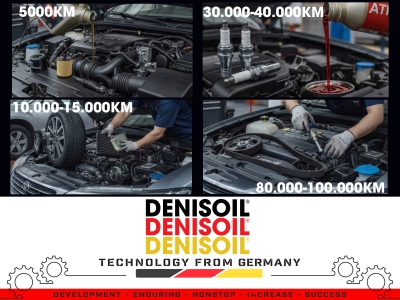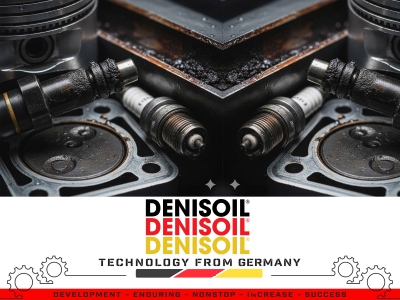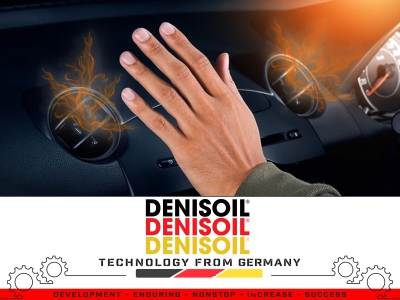Choosing the right fuel may seem simple, but it directly affects the engine’s performance, durability, and lifespan.
Using low-quality gasoline - of unknown origin, containing impurities, or with a low Octane number - can cause severe damage to the fuel system, combustion chamber, and exhaust after-treatment system.
Below are four major technical consequences that vehicle owners should be aware of:
1. Damage to the Fuel Injection System and Combustion Chamber
Symptoms:
- The vehicle is hard to start, idles roughly, and accelerates poorly.
- The engine vibrates, emits black smoke, and consumes more fuel than normal.
Technical Cause:
Low-quality gasoline often contains impurities, water, paraffin, sulfur, and organic contaminants.
These deposits adhere to and clog electronic fuel injectors, causing uneven or improper fuel atomization.
As a result, carbon deposits build up inside the combustion chamber, leading to incomplete combustion.
Consequences:
- Loss of engine power and increased fuel consumption.
- Excessive combustion temperature, which can cause piston damage, valve cracking, or spark plug failure.
2. Engine Knocking and Power Loss (Pre-ignition / Detonation)
Technical Cause:
Gasoline with an Octane Number (RON) lower than the manufacturer’s specification leads to premature ignition (pre-ignition or knocking) - when the air-fuel mixture ignites before the spark plug fires.
Consequences:
- Noticeable metallic knocking or pinging sounds from the engine.
- Sudden spikes in combustion pressure cause strong impacts on pistons, connecting rods, and bearings.
- Reduced engine power, localized overheating, and a significant decrease in engine lifespan.
3. Damage to the Exhaust After-treatment System (Catalytic Converter)
Technical Cause:
Contaminated gasoline may contain sulfur compounds, heavy metals, or non-standard additives, leading to incomplete combustion.
The by-products - such as SOx, carbon soot, and lead residues - accumulate inside the catalytic converter.
Consequences:
- Blockage of the catalyst surface, increasing exhaust back pressure.
- Reduced conversion efficiency, causing the vehicle to fail Euro 4-5 emission standards.
- Excessive heat buildup in the converter can melt or fracture the ceramic substrate inside.
4. Corrosion of the Fuel Tank and Fuel Lines
Technical Cause:
Low-quality gasoline may contain water, impure ethanol, or acidic contaminants.
These substances cause metal oxidation, leading to rust inside the fuel tank and lines.
Consequences:
- Rust flakes and sludge contaminate the fuel pump, filter, and injectors.
- Resulting in fuel pump seizure, reduced power output, and shortened fuel system lifespan.
Technical Recommendations and Safe Usage
|
Item
|
Recommendation
|
|
Fuel Type
|
Always use the correct fuel grade recommended by the manufacturer (A92, A95, or Diesel).
|
|
Source
|
Refuel only at reputable, certified gas stations with verified quality.
|
|
Regular Maintenance
|
Inspect and clean fuel injectors, combustion chambers, and fuel filters every 20,000–30,000 km.
|
|
Warning Signs
|
Knocking noise, excessive fuel consumption, abnormal exhaust smoke, or noticeable power loss.
|
Conclusion
Cheap, poor-quality gasoline doesn’t just reduce performance - it destroys the engine from within.
A small saving at the pump can lead to repair costs many times higher than the initial amount saved.
Always choose certified, high-quality fuel, perform regular maintenance, and follow the manufacturer’s recommendations to ensure long-term engine reliability and safety.
 Tiếng Việt
Tiếng Việt
 Chinese
Chinese
 English
English


